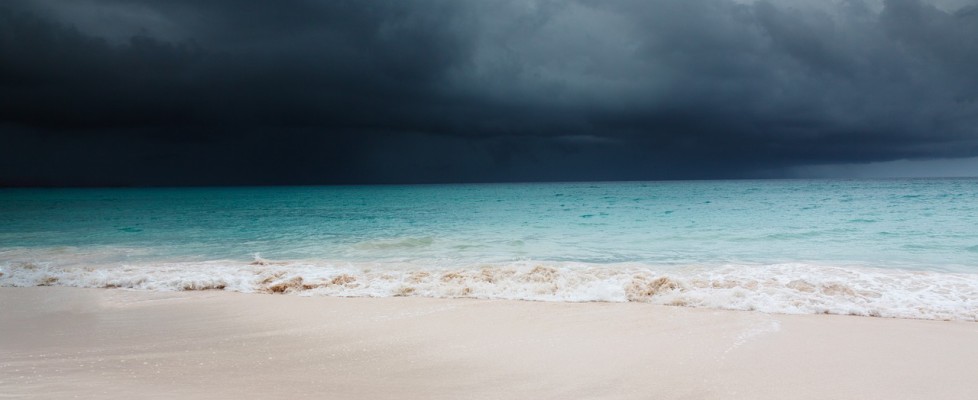Stories About Hurricanes
Having just weathered Sandy out here in the nation’s capitol, I am feeling compelled to write about global warming. Yeah, yeah, I know, another crunchy-granola hippie trying to link every single new weather event to climate change. I know hurricanes happen and have been happening for all recorded history. But this “frankenstorm” as it was once dubbed, was unique, in its size and strength and impact area.
In fact, this is the 4th year in a row of me living on the east coast where I’ve been in a hurricane or the remnants of one. Hurricanes in this area are more rare, but according to scientists, might be the new normal. And one of the reasons us hippie folk are so quick to point the finger at climate change has to do with simple mechanics. Storms need energy. Energy comes from the sun, and when we are trapping more of it, and heating the planet, these storms have more energy to draw from. Stronger storms are a logical consequence of this process.
There has been a lot of disturbing and depressing news lately about the environment. Not just that we have experienced the hottest 12 months on record (a record we seem to break every year now). There have been a ton of headlines about the amount of carbon in our atmosphere reaching a tipping point, or a point of no return, where even future efforts to cut our emissions will not save us from at least some adverse effects. In fact, scientists years ago set that limit at 350 parts per million CO2. We passed that years ago. Now, reports way back in June surfaced that CO2 levels had passed 400 ppm in the Arctic, another milestone.
This should be alarming to just about everyone. Pre-industrial revolution, we were at 275 ppm. We’ve added almost 50% more on top of that figure, in the course of just 150 years. The last time the Earth was at 400 ppm was 800,000 years ago, and we know that it reached this level over a long period of gradual warming; like, thousands of years, not 150.
We have crossed the safe level, and are now crossing another marker. We will no longer avoid impacts from climate change. But it is only 2012. And we are showing very paltry signs at best of slowing this process, let alone reversing it. We don’t have time. This should matter to you.
So, at the risk of sounding like a broken record, there is something tangible you can do about it, today. This may seem like a problem that is too large to solve, so we might as well just continue living our lives. But that couldn’t be farther from the truth. We cannot wait for large-scale action on the part of governments. We need to create demand for a more eco-friendly lifestyle. And that starts with you. Do everything you can to reduce your personal carbon footprint. This can range from conserving electrical usage in your home, to biking or walking more and driving less, to recycling and consuming less.
All of those efforts are crucially important, there’s no question. But, (and here is where I will sound like a broken record) the number one contributer to greenhouse gas emissions is the production of food. And within that category, the vast majority come from the production of animal foods. 18% of the U.S. share is just from raising animals for food. All of transportation is about 13%. We cannot reasonably function in our modern society without sometimes driving in a car, taking public transportation, or flying in an airplane. We can quite reasonably function in our modern society by eating fewer animal products; ideally as close to none as possible.
You don’t have to give them up entirely, but you do need to change the way you think about them. Eating them should not be done without thought or intention, or done callously. Every time you chose a meal without animal products, you are affecting a bigger change than the choice to walk or bike over driving. Broken record, I may be, but this is too important to only say once.

